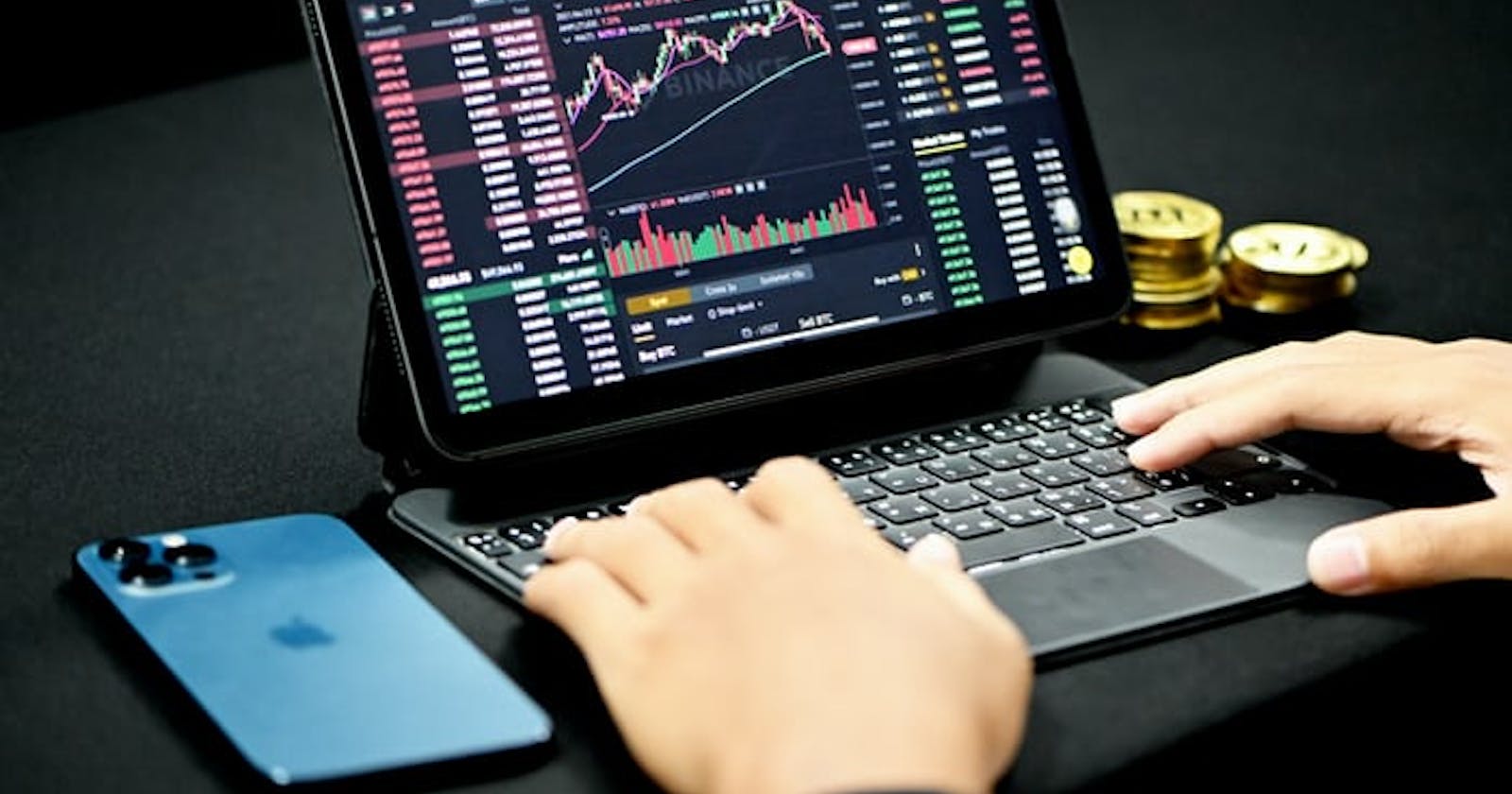What have you heard about cryptocurrency? What are the rules I must follow in order to be financially free in this space?
We are here to take you on another trip to financial freedom. Fasten your seat belts, we're about to take off.

Cryptocurrency Dos and Don'ts
Because of the popularity of cryptocurrency, there are some rules that must be followed in order to profit in this market. So, are you looking forward to investing in cryptocurrencies? Then we'll go over some dos and don'ts that will be useful to you.
1. Know the risks before you invest
Cryptocurrencies are not a get-rich-quick scheme; there are risks involved, so you should only invest with money you can afford to lose. As previously stated, cryptocurrencies are risky. As a result, before you enter the market, make sure you understand the risks. A good idea is to keep a percentage of your investment in mind that you can risk and to keep it in mind at all times.
2. Maintain emotional control.
Greed is one of the emotions you must deal with because many people have lost money in the crypto-space because they wanted more (Oliver twist), and when they should have taken profits, they didn't and lost all of their money. Fear is another emotion you must control; as a result of this factor, many people have missed out on opportunities they could have taken part in. Fear and greed are two emotions that can lead to rash trading decisions. You should control your emotions, especially fear and greed, if you want to avoid bad trades. These are also the reasons why people become victims of scams. Even the most experienced traders are greedy and fearful. Make a proper trading plan and stick to it, regardless of the circumstances.
3. Decide what works best for you
Since we've been talking about plans, let's go over them a little more in depth. In the long run, a trading strategy always works. To avoid making bad trades, make a meticulous plan and stick to it. Revisit the plan on a regular basis and re-align it to reflect changing market conditions. Make a trading strategy that you are comfortable with, not one that someone else has made for you. For example, if you want to trade on a specific cryptocurrency and you have done your research on that cryptocurrency, and someone else says you should come and trade on another without knowing anything about the particular cryptocurrency he/she is telling you about, please stick with what you have done your research on.
4. Choose a reputable crypto trading platform
There are many platforms available for crypto trading these days, many of which are scams. As a result, before you begin trading, you must select a trustworthy crypto trading platform. When you hear about a cryptocurrency offering, research its legitimacy online. Before you transfer any funds for trading, make certain that the trading platform is trustworthy.
5. Keep your expectations in check
Just because a token has performed exceptionally well in the past, does not guarantee that it will do so in the future or that all other cryptocurrencies will perform similarly. Don't expect huge profits right away, and be prepared for the valuation to fall as well.
6. Always read the news
The news always has an impact on the market; take them seriously because they are sometimes used to cause panic sells. The cryptocurrency market is still developing. There is a lot of news that causes traders to act irrationally. This results in poor decisions and losses. Don't go along with the crowd. When you hear a piece of news, verify its veracity first and act only if it is true.
Terms used in the crypto-space.
- BTFD - Buy The Fucking Dip
- DYOR - Do Your Own Research
- FA - Fundamental Analysis
- FOMO - Fear Of Missing Out
FUD - Fear Uncertainty & Doubt
HODL - Hold on for dear life
- FOMO – Fear of missing out
- JOMO - Joy Of Missing Out
MCAP - Market Capitalization
OTC - Over The Counter
TA - Technical Analysis
- RSI - Relative Strength Index
- ERC – Ethereum Request for Comment
- APY – Annual Percentage Yeild
- AMM – Automatic Market Maker.
- Bagholder - someone left with a worthless cryptocurrency.
- Gas - A fee for validating a transaction. Fees varies based on its Blockchain.
- Moon - A belief that a Cryptocurrency will rise exponentially in price.
HODL - A drunken misspelling of the word ‘hold’ which is now a slang people use when they say they are going to wait and hold onto a cryptocurrency.
NFT – Stands for ‘Non Fungible Tokens’ refers to the tokenization of Artworks ranging from art, music and trading cards using smart contracts. NFTs can work like any other assets, where you buy it and hope that the value of it goes up one day, so you can sell it for a profit.
Tokenomics - This is a combination of Token & Economics. It helps understand the supply and demand characteristics of a ccryptocurrency.
White paper - A white paper is a document that outlines what a cryptocurrency is created to do and how it is intended to be achieve it.
NFA – ‘Not a Financial Advise’ often used as a disclaimer by people whenever they speculate. The market cannot be 100% predictable and even a “Good” analyst can fail so it’s important that users apply discretion while investing.
ICO - Stands for ‘Initial Coin Offering’, which is where a new cryptocurrency gives away some coins at a discounted rate before its launched. This is usually done to finance the project.
- IDO - Stands for ‘Initial DEX Offering’ refers to the launching of a cryptocurrency on a decentralized exchange (DEX) usually at a price lower than the listing price in order to raise funds.
- IEO - Stands for ‘Initial Exchange Offering’ refers to the launching of a cryptocurrency on a decentralized exchange (DEX) usually at a price lower than the listing price in order to raise funds.
- Decentralized exchanges (DEX) are a type of cryptocurrency exchange which allows for direct peer-to-peer cryptocurrency transactions to take place online securely and without the need for an intermediary.
- Centralized exchanges (CEXs) are a type of cryptocurrency exchange that is operated by a company that owns it in a centralized manner.
